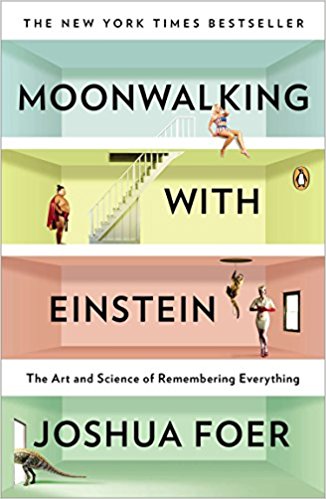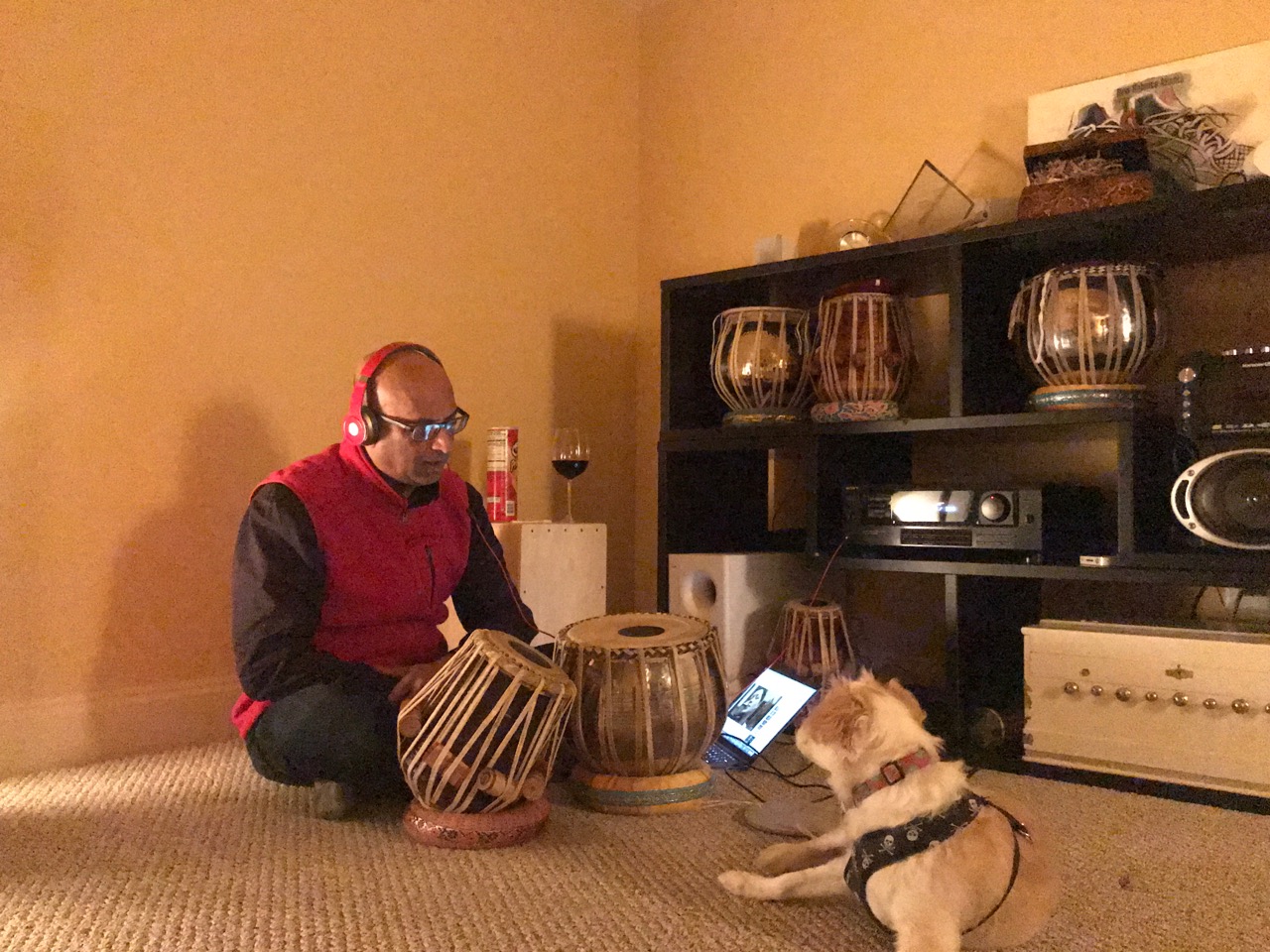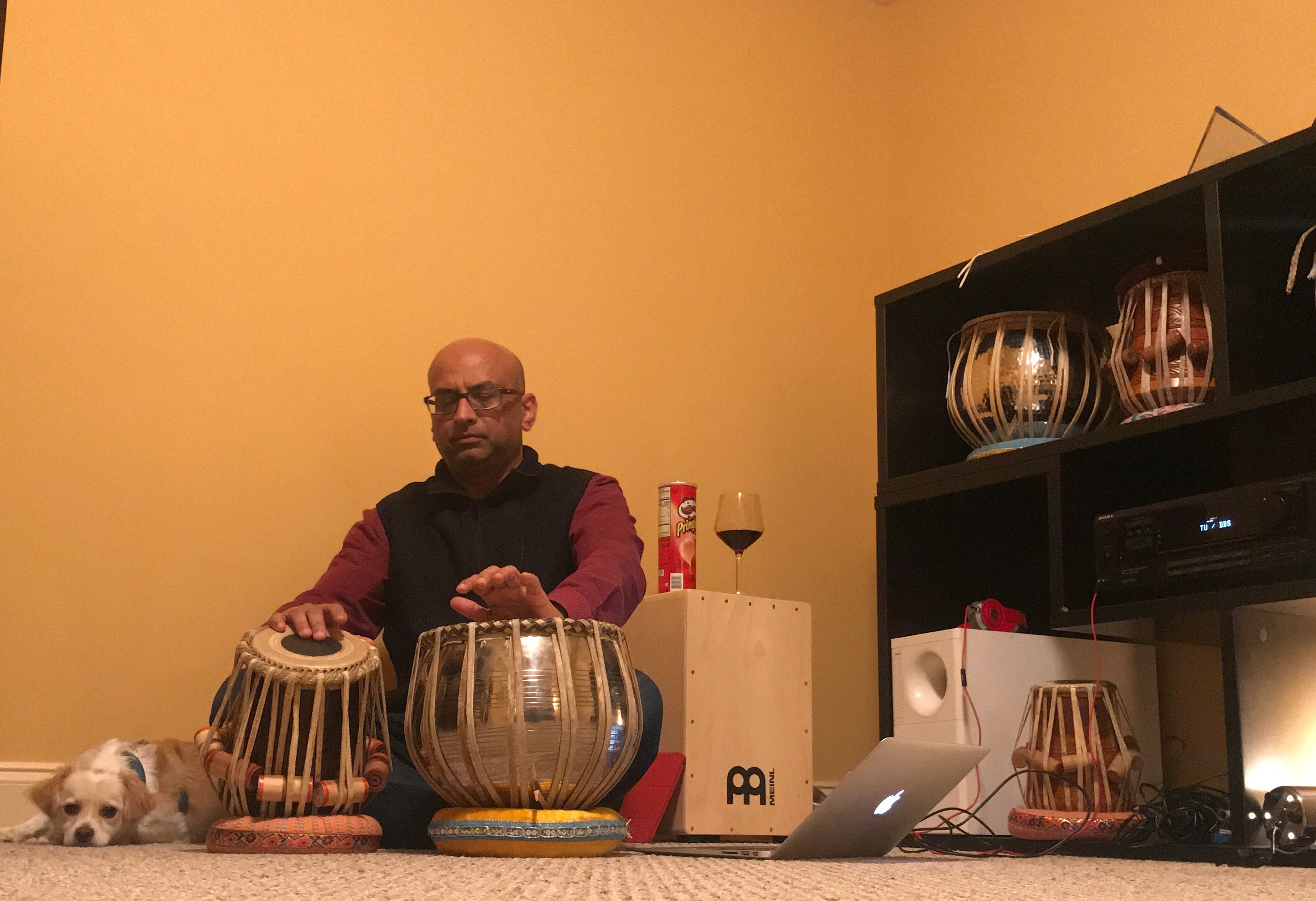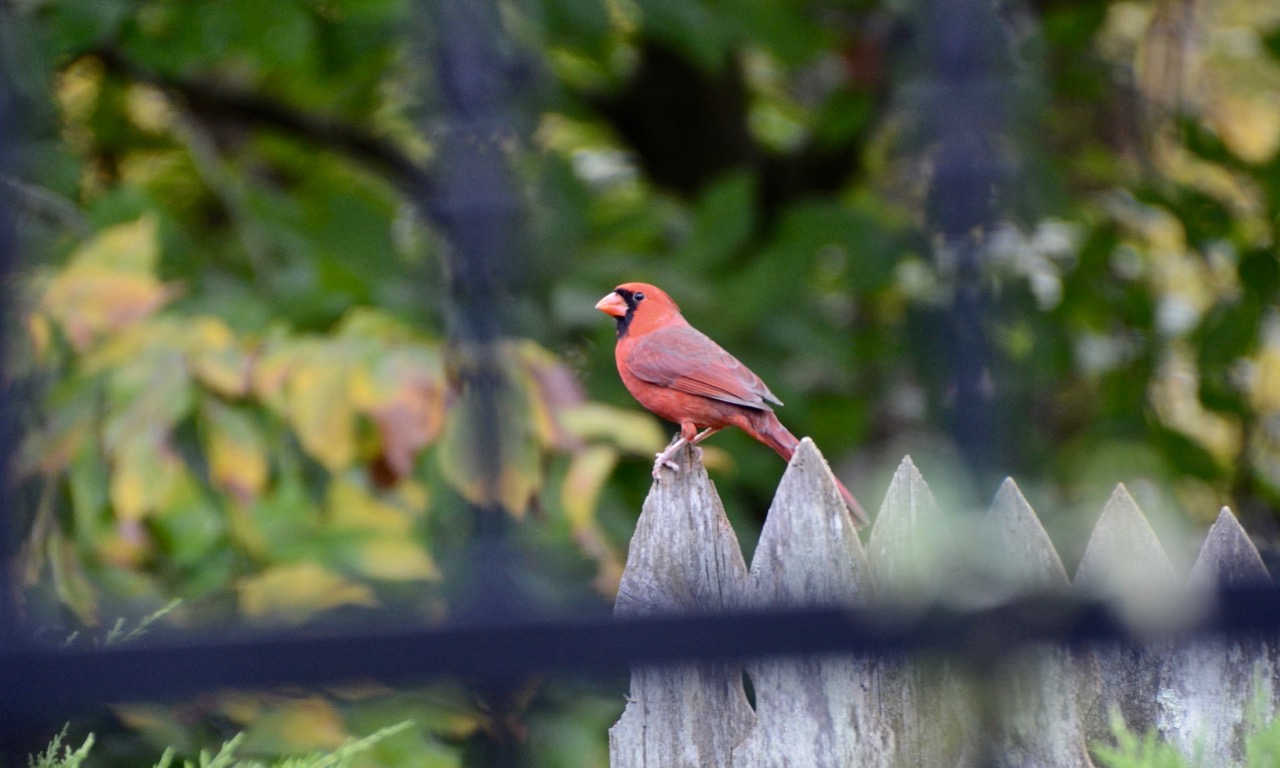Book Review: “How not to be my Patient”
This year, during my annual physicals, my doctor – Dr. Jarrett – who has been looking after my health for nearly 10 years, suggested I read a book called “How Not To Become My Patient”. I remember I was asking Dr. Jarrett about not just my physical health – which we obviosuly go thru in every annual physicals – but also about how to keep my brain and memory active. As well as focus on having a full life instead of a longer life – now that I am 52 already.
Written by the leading oncologist as well as specialist in palliative care in the renowned Mayo Clinic, Dr. Creado, basically deals with three large topics in this book. The first segment of the book is about what you should be aware of as a patient about doctors and hospitals. That was not so interesting, frankly, to me. The third segment deals with how you cope when you are diagnosed with a life-ending ailment. That part did not interest me either. But I am keeping this book because I think once some doctor some day has that “I am sorry but you have…. and you have … days to live” discussion with me, I might want to read those chapters more thoroughly.
What is very interesting though is the second segment of the book where Dr. Creadon deals with a variety of topics – sleeping, exercises, prayers, time management, stress management, being under the sun, nutrition fads and so on. This was the most important part for me, as of this read. It is focused more on the prevention aspect than the cure aspect.
If it interests you to learn about what you can do to potentially have a higher quality life – specially in the latter half of your life, this might be an interesting read!
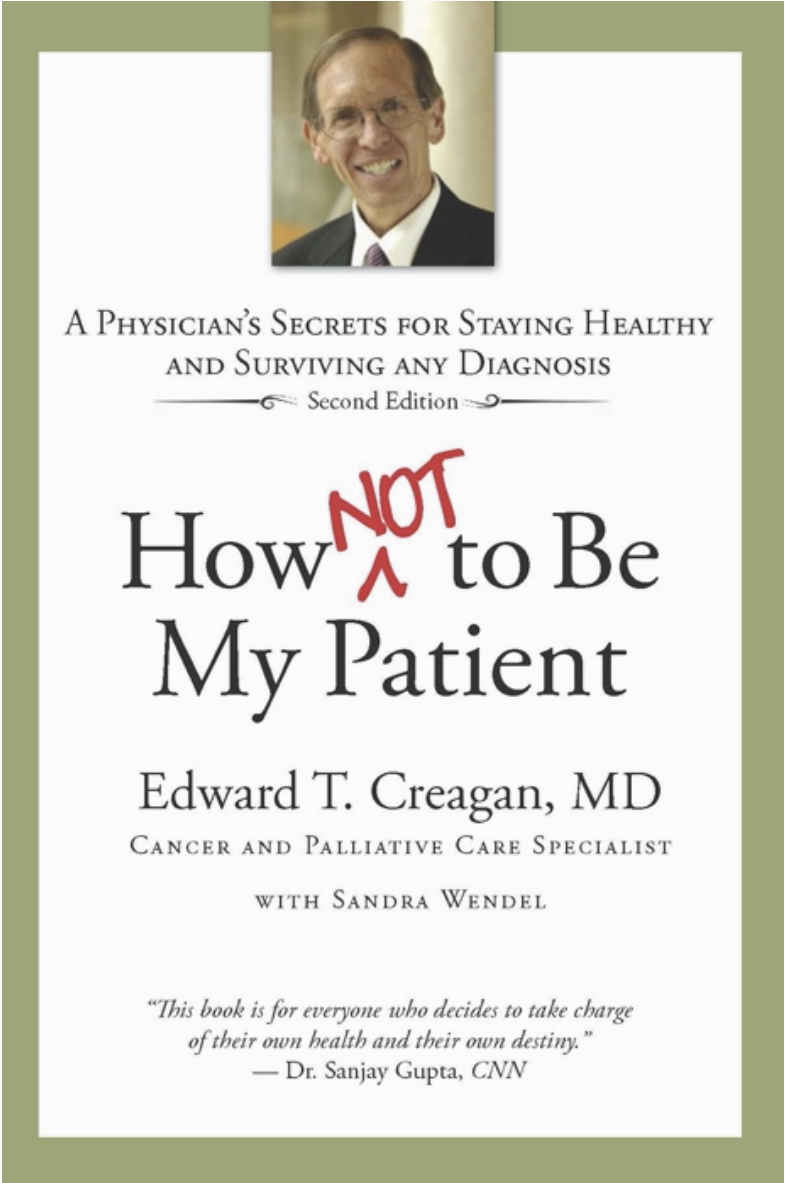
“I wish you enough”
Keeping up with my tradition of starting the year by “wishing you enough”. A message worth repeating every year. Also acknowledging Larry Mason who had originally wished me enough…
It would never be the start of a new year for me if I did not send my “I wish you enough” message like every year. Again, credits are to Larry who had “wished me enough” for the first time many years back.
“I wish you enough!”
By Bob Perks
———————–
I never really thought that I’d spend as much time in airports as I do. I don’t know why. I always wanted to be famous and that would mean lots of travel. But I’m not famous, yet I do see more than my share of airports.
I love them and I hate them. I love them because of the people I get to watch. But they are also the same reason why I hate airports. It all comes down to “hello” and “goodbye.”I must have mentioned this a few times while writing my stories for you.
I have great difficulties with saying goodbye. Even as I write this I am experiencing that pounding sensation in my heart. If I am watching such a scene in a movie I am affected so much that I need to sit up and take a few deep breaths. So when faced with a challenge in my life I have been known to go to our local airport and watch people say goodbye. I figure nothing that is happening to me at the time could be as bad as having to say goodbye.
Watching people cling to each other, crying, and holding each other in that last embrace makes me appreciate what I have even more. Seeing them finally pull apart, extending their arms until the tips of their fingers are the last to let go, is an image that stays forefront in my mind throughout the day.
On one of my recent business trips, when I arrived at the counter to check in, the woman said, “How are you today?” I replied, “I am missing my wife already and I haven’t even said goodbye.”
She then looked at my ticket and began to ask, “How long will you…Oh, my God. You will only be gone three days!” We all laughed. My problem was I still had to say goodbye.
But I learn from goodbye moments, too.
Recently I overheard a father and daughter in their last moments together. They had announced her departure and standing near the security gate, they hugged and he said, “I love you. I wish you enough.” She in turn said, “Daddy, our life together has been more than enough. Your love is all I ever needed. I wish you enough, too, Daddy.”
They kissed and she left. He walked over toward the window where I was seated. Standing there I could see he wanted and needed to cry. I tried not to intrude on his privacy, but he welcomed me in by asking, “Did you ever say goodbye to someone knowing it would be forever?”
“Yes, I have,” I replied. Saying that brought back memories I had of expressing my love and appreciation for all my Dad had done for me. Recognizing that his days were limited, I took the time to tell him face to face how much he meant to me.
So I knew what this man experiencing.
“Forgive me for asking, but why is this a forever goodbye?” I asked.
“I am old and she lives much too far away. I have challenges ahead and the reality is, the next trip back would be for my funeral,” he said.
“When you were saying goodbye I heard you say, “I wish you enough.” May I ask what that means?”
He began to smile. “That’s a wish that has been handed down from other generations. My parents used to say it to everyone.” He paused for a moment and looking up as if trying to remember it in detail, he smiled even more.”When we said ‘I wish you enough,’ we were wanting the other person to have a life filled with just enough good things to sustain them,” he continued and then turning toward me he shared the following as if he were reciting it from memory.
“I wish you enough sun to keep your attitude bright.
I wish you enough rain to appreciate the sun more.
I wish you enough happiness to keep your spirit alive.
I wish you enough pain so that the smallest joys in life appear much bigger.
I wish you enough gain to satisfy your wanting.
I wish you enough loss to appreciate all that you possess.
I wish enough “Hello’s” to get you through the final “Goodbye.”
He then began to sob and walked away.
—
My friends, I wish you enough!
Friday unwinding.
“Jokhon neshay amar rasta toley
Keu amake maatal bole
Omni soja chole jai dekhiye
Bhabchho jaa ta noito ami
Jokhon tumi amay matal bolo
Dhonno je hoy she maatlami
Dhonno ami dhonno he
Matal tomar jonno je”
Under the influence, when I stagger
And somebody calls me out as a drunkard
I start walking the straight line
To prove them that they are wrong.
But when you call me a drunkard
Blessed becomes my inebriation
Blessed I be, virtuous I be,
Drunkard, all due to you!
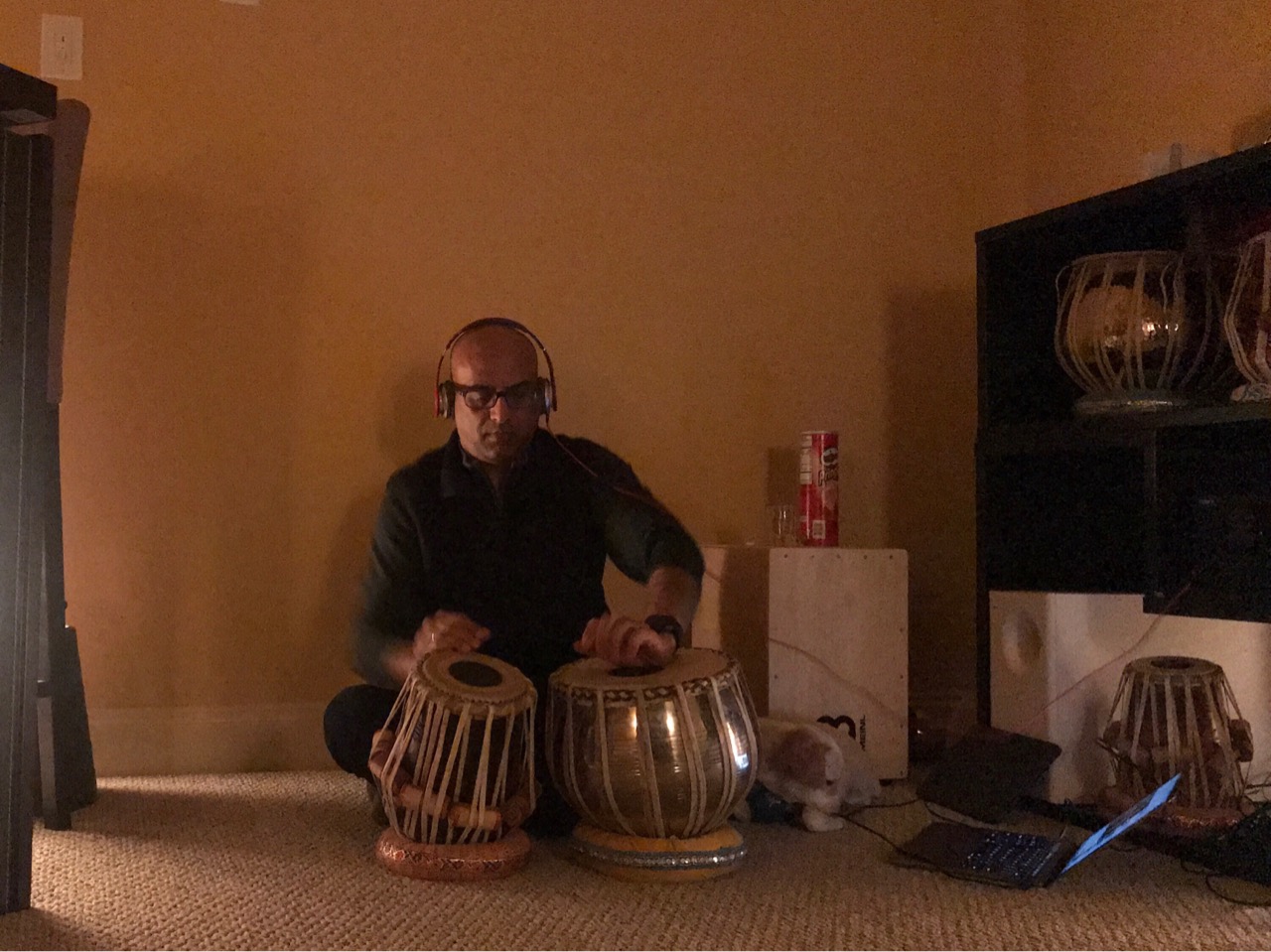
I just noticed this on my browser bookmarks…
Book Review: “Moonwalking with Einstein”
You are probably wondering what, with my level of ineptness in dancing am I doing with moonwalking and with my level of modest IQ, am I doing reading about Einstein. Actually, this book has nothing to do with either. This is one more of those great books suggested by the most well read persons (at least on relatively abstruse subjects) that I know of – my MBA classmate Somshekhar.
You might recollect that I have been trying to understand how to slow down my inevitable decaying of memory ever since I reached this side of half a century of revolutions around the sun. I even have tried learning by rote anything I can – country names, capitals, NATO alphabet code, periodic tables and so on.
That is when Somshekhar had pointed me to this fascinating book. If you have even the least bit of interest in understanding how our memory works, this is a fantastic read. And a reasonably easy read.
Some of the interesting snippets you are going to learn include:
(*) How our concept of who is “intelligent” changed dramatically as our memory became externalized (we could “store” stuff – on paper, pen drives etc)
(*) What does it mean when we say that we have “forgotten” something? Has it been wiped away from our brain? Or have we merely lost the ability to access it? Or have we lost the ability to access it directly, but if you give us some associated data, we regenerate the ability to access it?
(*) Why we forget certain things we spent a lot of time on – calculus after those long years – but never forget how to ride a bike after riding a few times successfully.
(*) How punctuation marks and spaces contributed heavily to our forgetting what we read.
(*) How chess players have no more IQ than you and me. But they have great memories – especially about board patterns.
(*) How we reach the “OK Plateau” in any learning. I know it has happened to me in motorbiking. It helps you understand why you reach that plateau and how to get out of it.
… and many such things.
Are you wondering if the book teaches you how to memorize more? It does and it does not. It is the journey of a young journalist who went from covering Memory Championships to becoming the US Memory Champion in about a year. You will learn about “memory palaces” and “PAO” – and they can absolutely help you remember whole decks of cards and sequence of random digits.
But, just like skills that win you car races are probably useless for you to drive from your house to the grocery store, those memory skills are probably impractical for you on a day to day basis. (I did use some of that to remember my grocery store list a couple of times though).
But the best thing you will learn is that forgetting is not a bad thing. If we did not, we would not know how to separate the important from the unimportant. That said, if you forgot to pick up the laundry that your spouse had asked you to, please do not use the above argument. The book has nothing to offer on post traumatic disorder 🙂
